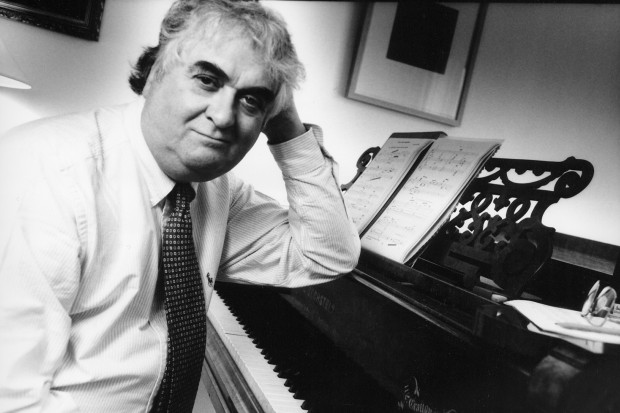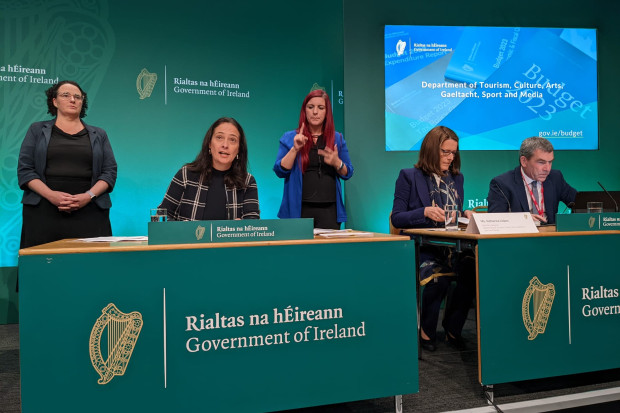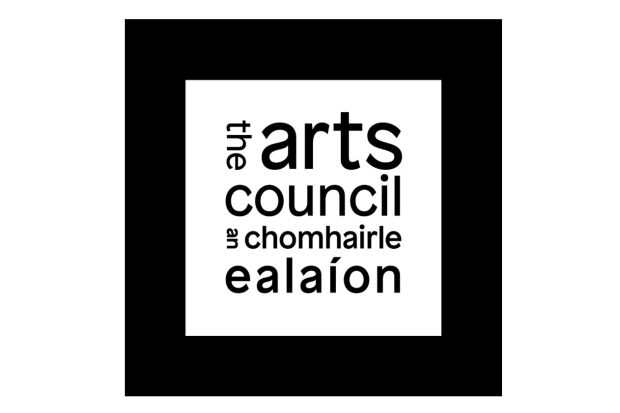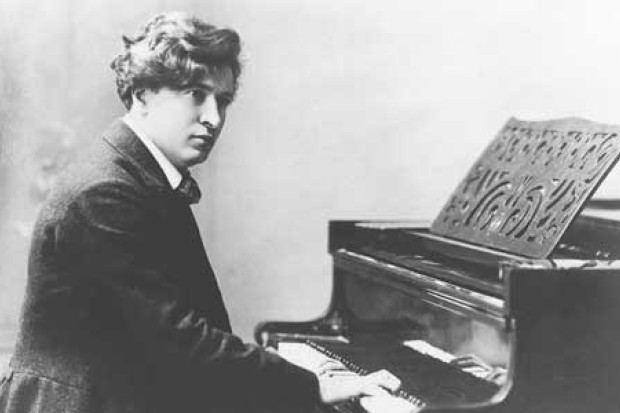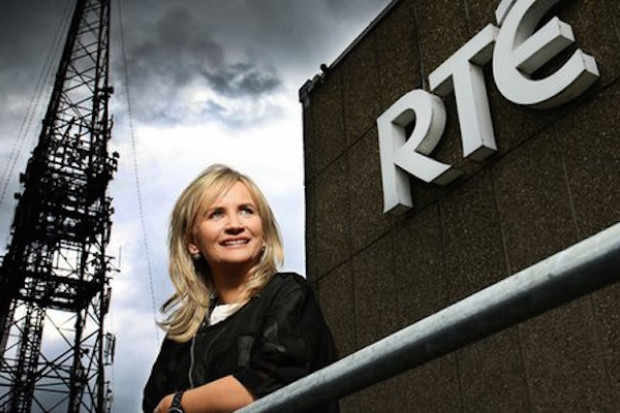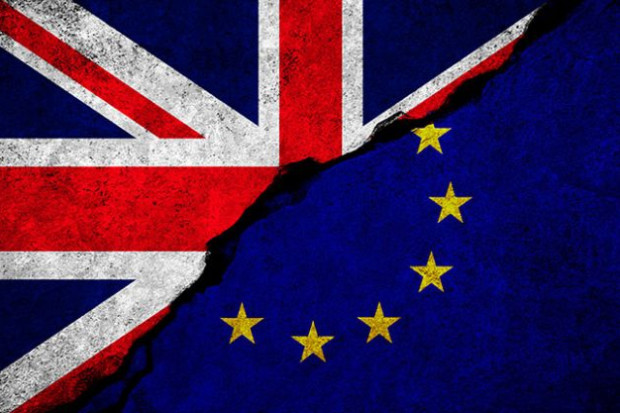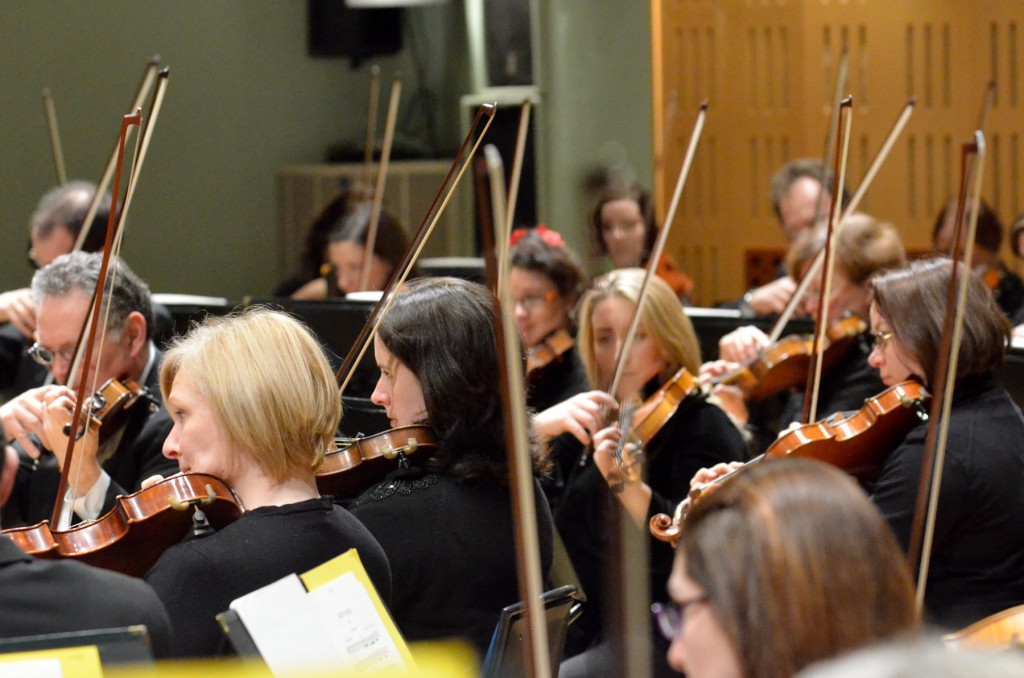
RTÉ National Symphony Orchestra
The Orchestras are Only One Part of the Question
The last time support for music in Ireland hit the national news agenda was in December of 2015 when RTÉ Lyric FM dropped its Sunday morning music programme Gloria. A petition gathered over 3,000 signatures, letters and articles appeared in the papers, and Senator David Norris raised the issue in the Seanad.
Now, in the winter of 2017, music reaches the headlines again after RTÉ announced a review of its two orchestras. An online petition of concern has over 16,000 signatures, letters and articles are appearing in the papers, and politicians – from all four main parties – are mentioning it in the Dáil.
Gloria didn’t survive. The campaign for the orchestras appears to be stronger, although the Terms of Reference for the review are ominous.
Amnesia
The music community always welcomes politicians expressing an interest in the arts – suddenly we can be all united in positive creativity (that’s what the arts do) – but the downside is that it gives artists amnesia, and gives politicians false signals. When music bounces up into the news agenda once a year, as either a global success or a funding crisis, it leads to a surface understanding of Irish musical and artistic life and the Government starts making erratic motions.
Consider the fact that there was no mention of the orchestras in any of the parties’ election documents in early 2016, or in the programme for Government from May 2016, or in the Creative Ireland or Culture 2025 plans published that year, or in the Building a Republic of Opportunity document just published by Fine Gael. And yet suddenly parties see these groups as of vital importance to the country. ‘We cannot underestimate the role that these orchestras play in our cultural offering…’ says Fianna Fáil. ‘It’s something we are known for across the world and celebrated for…’ says Labour. ‘I certainly would share your concerns about any diminution of the RTÉ orchestra or any other orchestras…’ says the Taoiseach.
The inconsistency is almost maddening. None of these statements correspond with their actions in the past decade.
The most critical issue music and the arts have faced has been the regular skinning they received since the economic crisis, and then, since 2014, the parsimonious increases which make any bounce back almost impossible. The other issue is Creative Ireland, which is now parked in the space where a restoration of arts funding should be.
A lost decade
When Leo Varadkar promised that, if he became Taoiseach, he would ‘double the Government budget for arts’, one assumed he was acknowledging that Arts Council funding had not only been blindly damaged during the recession, but that it needed to be increased in order to reflect the new post-Centenary understanding of the importance of arts and culture and to catch up on a lost decade. The budget announcement in October led to ‘huge disappointment’ among the arts community and a new reality.
In Fine Gael’s latest policy document, Building a Republic of Opportunity, we read that, while the Government is going to deliver on the Taoiseach’s promise of doubling the arts spend, its new initiative – Creative Ireland – is going to be the main vehicle.
Within the arts sector, expenditure in the first instance will be aimed at delivering the aims articulated in Culture 2025 and the Creative Ireland programme….
Now read the Creative Ireland Programme document – it is only barely concerned with how artists are supported day to day, or how small- and medium-sized arts organisations (which in Ireland is almost all of them) will survive, grow and expand. These are the issues that face the Arts Council. Creative Ireland is concerned with encouraging ‘creativity’ among the population, which is great but not the same as ongoing support for music and the arts.
Creative conversation
Arts Council funding fell by 32% between 2008 and 2014 and artists and arts promoters had to seek additional work in other sectors or move out of the arts altogether. How can the Government build a creative country without them?
The controversy over the orchestras is a good time for politicians to ask deeper questions. How will it affect the Arts Council if Creative Ireland is the priority for funding? What is Creative Ireland’s current budget (and how will we know when it is doubled)? How will RTÉ’s orchestras relate to the core ambitions of the Arts Council and Creative Ireland? And how can we better align the interests and future of all three?
When you have a stop/start approach to music and the arts for so long, it gets harder to keep everyone on board, but this is one national conversation that we have to keep in motion.
Published on 6 December 2017
Toner Quinn is Editor of the Journal of Music. His new book, What Ireland Can Teach the World About Music, is available here. Toner will be giving a lecture exploring some of the ideas in the book on Saturday 11 May 2024 at 3pm at Farmleigh House in Dublin. For booking, visit https://bit.ly/3x2yCL8.












